Part one of this review is here
Part three of this review is here
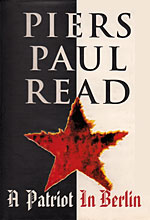
A Patriot in Berlin has some of the archetypal features of books set shortly after the fall of the Soviet Union. To the fore is the presence of those ex-KGB and military types deeply concerned at the loss of Soviet power, and with it their own power. The list of novels built on similar concerns in the 1990s is long (immediately springing to mind are Tim Sebastian’s Saviours Gate, and Tony Cape’s The Last Defector).
Having elements of a formula does not make a novel formulaic, nor does dealing with common themes make it derivative. A Patriot in Berlin has striking elements of its own. It is set in post-unification Berlin in 1992-93 and is based around plans for an exhibition of Russian art forbidden in the Soviet years.
Read has a gift for encapsulating the uncertainty of these years; an uncertainty which Russia in Fiction remembers well from life in Moscow during that period.
Early on in A Patriot in Berlin there is a short dialogue between two KGB officers, looking out of the window of their Moscow headquarters, the Lubyanka, at the empty plinth from which the statue of the founder of the Soviet secret police, Felix Dzerzhinsky, had been removed as the August coup of 1991 was defeated and the end of the Communist regime all but sealed.
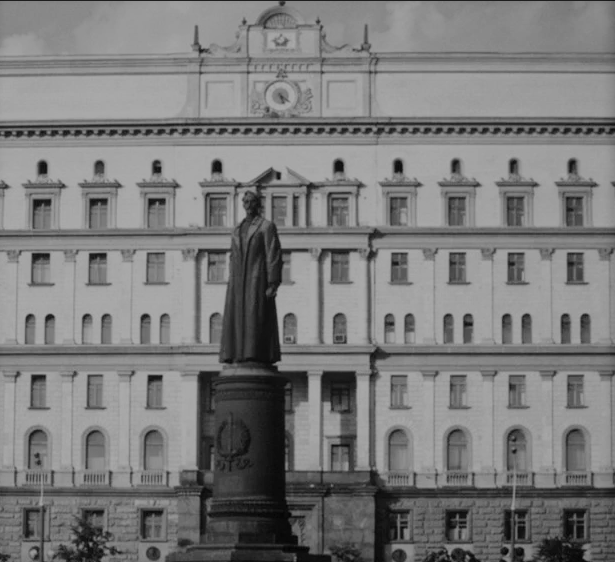
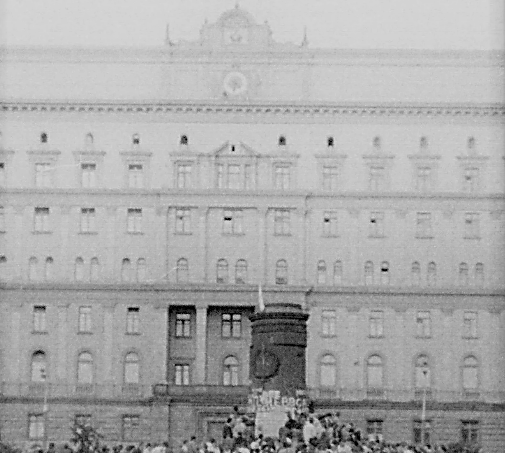
‘I was wondering who would replace Dzerzhinskii on the plinth.’ The general rolled his eyes and sighed, as if to say, ‘Don’t start on that’ …
‘Dzerzhinskii is dead. We have enough trouble with the living’
A patriot in berlin, p. 13
The uncertainty over Russia’s future in the years 1991-93 is alluded to throughout the novel, and serves as an explanation for some of the behaviour of the authorities. At one point, a state official, who has spent more time than most abroad, reports, in relation to Russian embassy and security service staff overseas, that
‘A large number of those still in the service are unsympathetic to the reform programme. They do not think that it will succeed, and fully expect that in a year’s time we may see Rutskoi or Khasbulatov in the Kremlin instead of Yeltsin.’
A patriot in berlin, p. 150
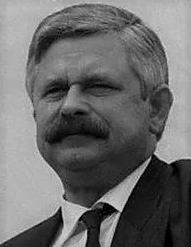
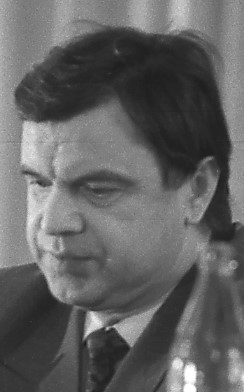
There is uncertainty not just over the immediate future of Russia, but about how history will remember the Cold War. The central protagonists in A Patriot in Berlin, Francesca and Serotkin, represent respectively a Western and a Soviet view.
‘I guess that in terms of world history,’ said Francesca, ‘the Berlin Wall will hardly merit a mention’
‘Not, certainly, if you compare it with the Great Wall of China.’
‘Unless to compare and contrast: a wall in China to keep the barbarians out, a wall in Germany to keep them in.’
‘You are confident that history will see the Communists as barbarians?’
‘Isn’t shooting people who want to emigrate barbaric?’
‘Two hundred people were shot trying to escape from East Berlin over a quarter of a century. In Detroit, the same number are shot in a week. Add to that the number who die as a result of drugs, and one is entitled to wonder what is meant by civilization.’
‘People cannot be civilized if they are not free.’
Serotkin looked at her with amused condescension. ‘The Roman Empire was a military dictatorship. The barbarians were democratic’ (p. 206)
a patriot in berlin, p. 206
As well as dealing with themes of Russian nationalism, western materialism, and Communism, Piers Paul Read throws Christianity into the mix too.
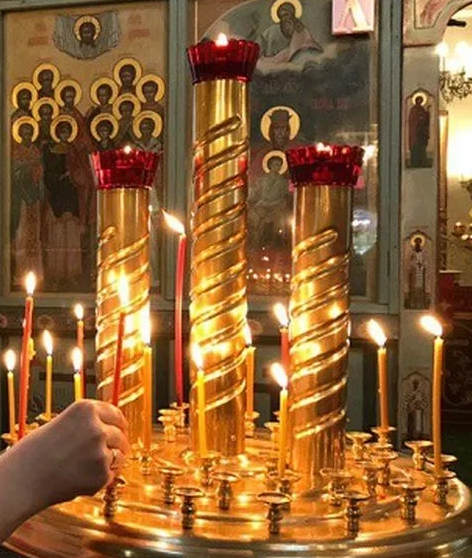
As Le Carré was to do a couple of decades later (in Our Kind of Traitor), he portrays the wife of a major character as having gone over to a deep Orthodox faith; thereby being seen as other-worldly by sympathetic observers, and as slightly deranged by the unsympathetic.
The wife of missing KGB officer Orlov is the character in question. When she is interviewed by the central detective figure in the novel, Gerasimov, she mentions that her marriage was undermined by another man, and another woman.
‘The other man was Jesus Christ.’ She said this evenly.
‘I see. And the other woman?’
‘Mother Russia.’
She spoke with no trace of irony, and it struck Gerasimov that perhaps her impressive, incurious manner was the mask of someone who was mad – that the insanity of believers, like the insanity of dissidents, was not, after all, a contrivance of the Fifth Chief Directorate.
A Patriot in berlin, p. 86
This juxtaposition, between the supposed strength of Communism and alleged weakness of Christianity is explored skilfully by Piers Paul Read, himself a practising Christian. It is re-visited in the novel’s climax, as Francesca’s visit to a former dissident turned Pastor, Paul Meissner, brings the ‘weakness’ of gentle faith to bear on the brute strength of those still wedded to the old Communist regime.
At the heart of the Christian message is the idea that
God chose the weak things of the world to shame the strong
1 Corinthians 1:27
When Francesca arrives in Paul’s church he is preaching that Christ is the judge; ‘Vengeance is mine, says the Lord. I will repay.’ (p. 246)
Part one of this review is here
Part three of this review is here